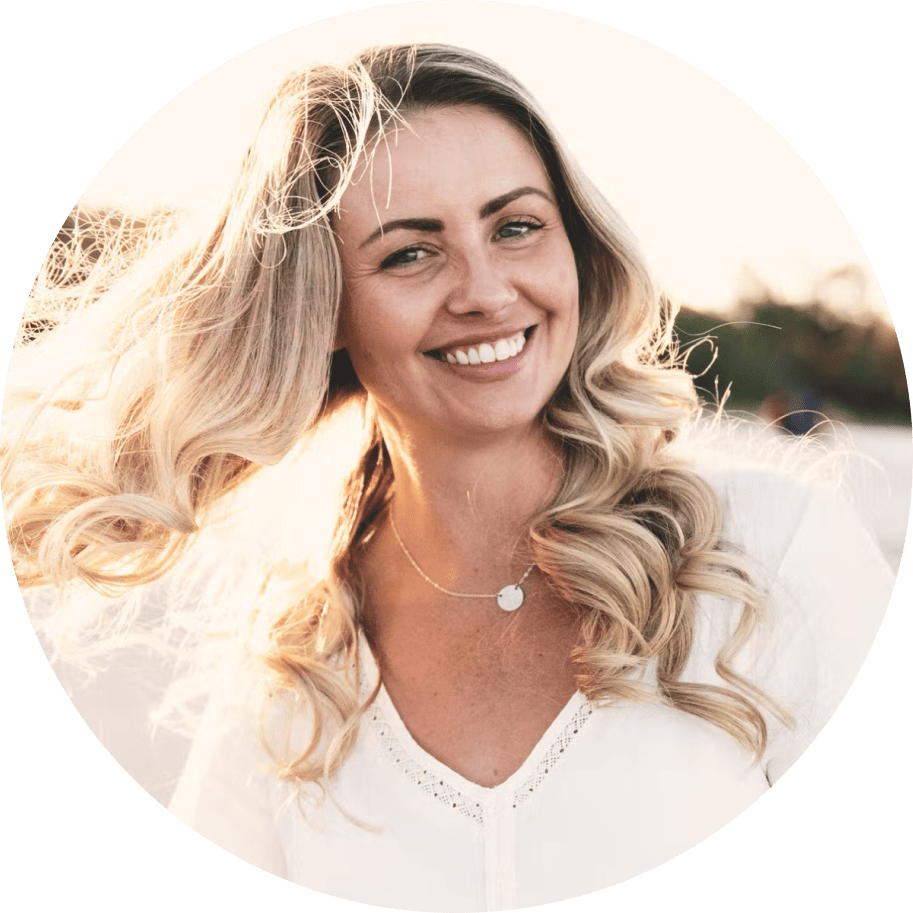
These variables include:
However, studies have shown that even as you age beyond 35 (when your own eggs start to rapidly decline), IVF success rates using donor egg are stable at around 51% fertility chance per cycle of IVF. This confirms that the age of your own eggs at collection (and not your personal age) is the primary barrier to pregnancy in older women.
Accordingly, the younger you are when you elect to freeze your eggs, the better your future chances are of being able to use your eggs to get pregnant.
Source: Journal of Human Reproduction.
It shows age-based averages of the probability of getting pregnant from using all the eggs collected from one cycle.
Accordingly, depending on your age at time of egg collection, more than one cycle might be necessary to confidently secure the necessary number of eggs for future use.
Note: On average, a woman under the age of 35 will have 10-15 mature eggs collected in a single cycle / retrieval procedure, but this number reduces by approximately 1-egg per year above 35.
Success rates are lower for women over 35 (due to quality of remaining eggs), which is why we recommend preserving your fertility sooner rather than later. If you’re over the age of 38, egg freezing may not be a suitable avenue. However, there are more immediate options that can be explored such as the use of donor sperm.
Book an appointment with one of our fertility specialists who are experts in egg freezing, and who can provide personalised guidance to help you make an informed choice.
Remember that egg freezing is not a guarantee of future pregnancy, but it can provide women with additional options and peace of mind as they navigate their reproductive journey.
Get in touch with our friendly team to arrange an appointment with one of our fertility specialists.
